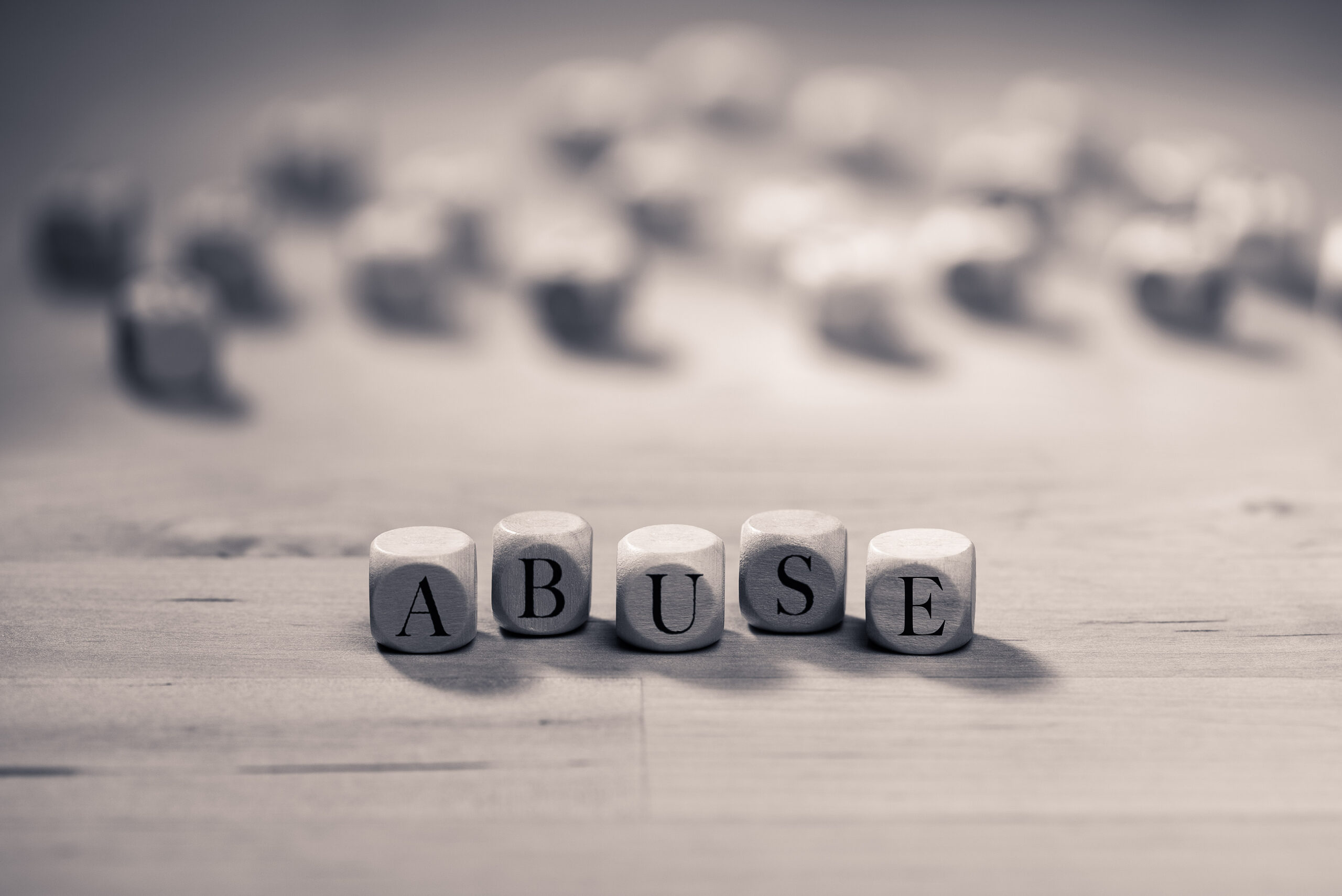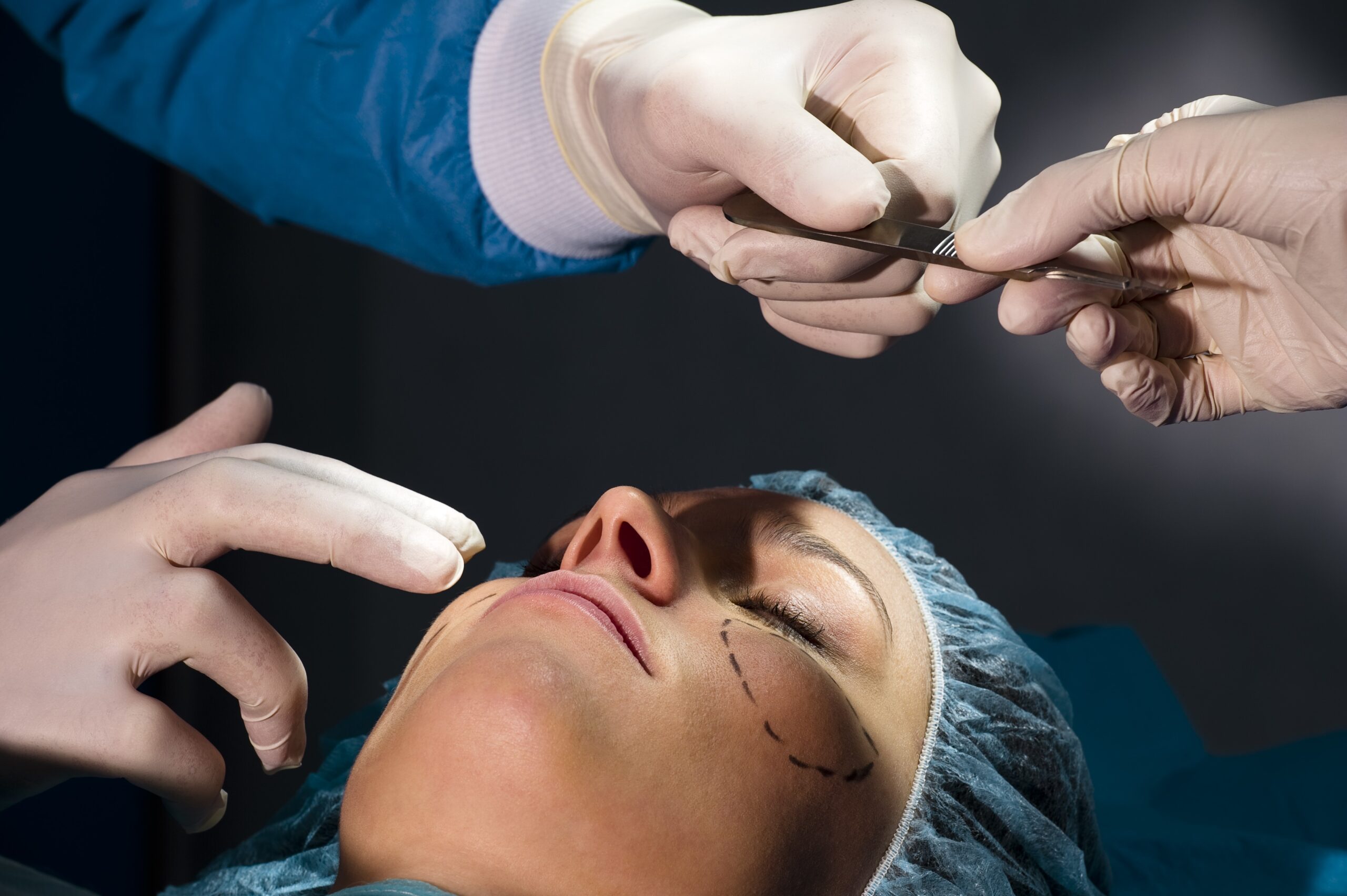Clients often contact our office seeking legal advice because they have suffered an outcome that they did not expect following medical treatment. Sometimes, the doctor, health care professional or hospital staff member concerned has apologised for what happened.
“The doctor said they were really sorry for what happened. Do I have a case?”.
It’s important to understand that under Part 10 of the Civil Liability Act 2002 NSW, an apology is not admissible in any civil proceedings as evidence of the fault or liability of the person in connection with that matter.
An “apology” is defined as an expression of sympathy or regret, or of a general sense of benevolence or compassion.
Apologies are more common in healthcare settings, at least with respect to public health services, due to the NSW Government’s Open Disclosure Policy. Open disclosure is defined as an open discussion with a patient (and/or their support person(s)) about a patient safety incident (any unplanned or unintended even or circumstance) which could have resulted, or did result, in harm to that patient while they were receiving health care treatment. This includes harm from an outcome of an illness or its treatment that did not meet the patient’s or the clinician’s expectation for improvement or cure.
The policy was first published in 2014 and is due for review in September 2023. Its mandatory requirements included acknowledging a patient safety incident to the patient and/or their support person as soon as possible; providing truthful, clear and timely communication on an ongoing basis and providing an apology as early as possible, including the words “I am/we are sorry”.
As the Clinical Excellence Commission details in their Open Disclosure Handbook, in the past, clinicians and managers sometimes adopted a defensive approach to patient safety incidents. Even if a clinician wanted to apologise and felt that it was the right thing to do, he or she was not always advised to do so. Patients and families were left feeling frustrated and angry when they were unable to get an explanation about what happened. The transition to practising open disclosure was seen as an important step in embracing a culture of openness and transparency.
While an apology is not an admission of liability, you could still have a claim. Our dedicated medical negligence team are available to provide advice to those who have suffered harm or an adverse outcome as a result of medical treatment.










